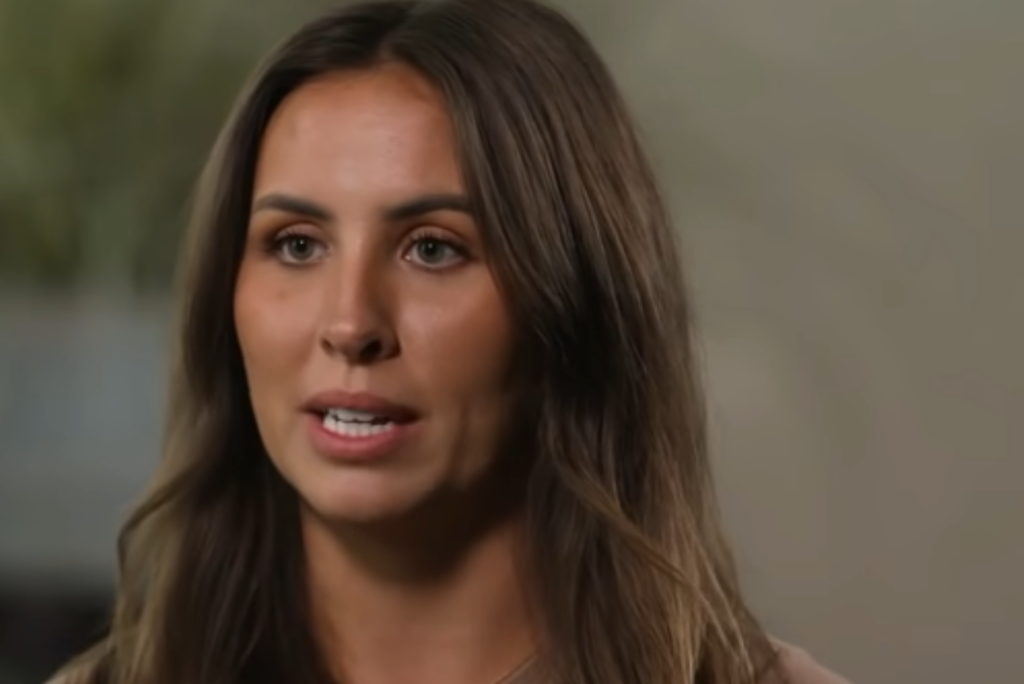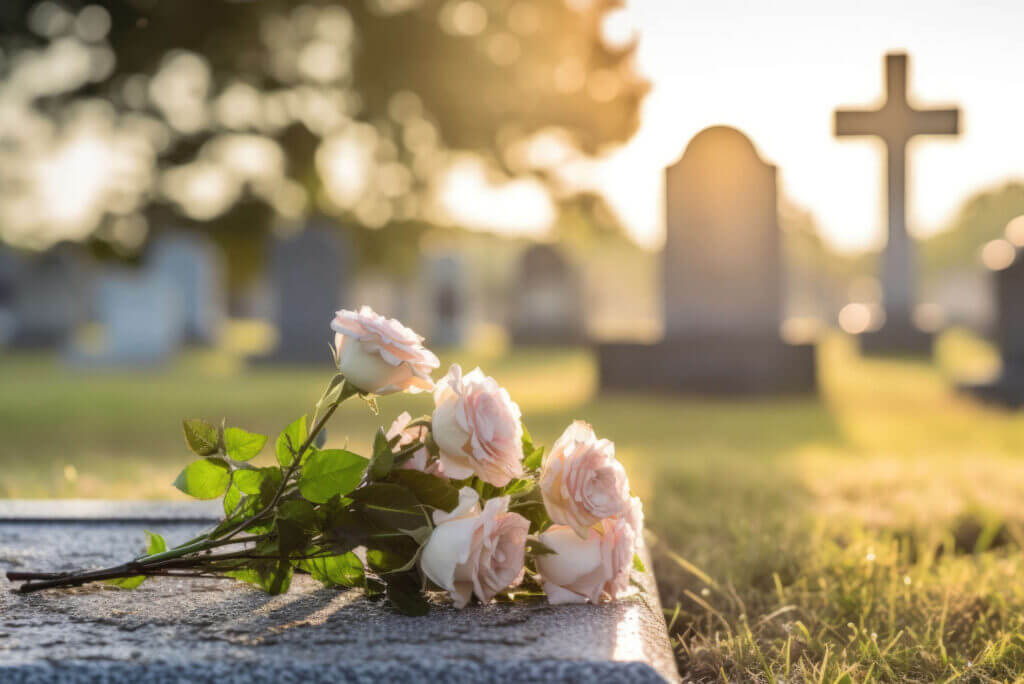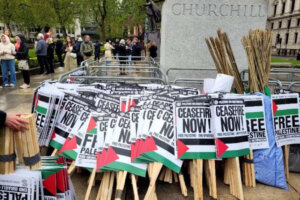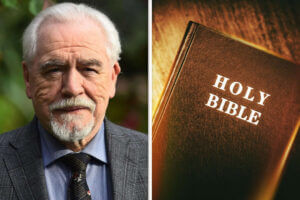Placing Egypt on a U.S. State Department list that penalizes countries for their lack of religious freedom would be a mistake, according to some Egyptian human rights activists and Christian leaders.
The U.S. Commission on International Religious Freedom (USCIRF) issued its annual report on April 28, recommending that Egypt be placed on the list of “Countries of Particular Concern,” or CPCs. While many in Egypt agree with the report’s assertion that religious persecution and sectarian violence are serious issues in Egypt, some said the designation would be counterproductive and would give the burgeoning government a black eye before it has a chance to address the issues.
“We don’t think it is helpful to add Egypt to any black list this year,” said Hossam Bahgat, director of the Egyptian Initiative for Personal Rights. “It sends a negative message that Egypt is worse off this year now that it is not being ruled by a dictator.”
The USCIRF report covers the time period from April 1, 2010 to March 31, 2011. The Egyptian revolution beginning Jan. 25 culminated in President Hosni Mubarak stepping down on Feb. 11 of this year.
The USCIRF is a governmental advisory board that was created by the 1998 International Religious Freedom Act. The body advises the U.S. State Department on the status of religious freedom in countries around the world, and among its statutory responsibilities is issuing an annual report recommending certain countries be designated as CPCs. The designation can lead to a range of actions against the listed country, including diplomatic censure, forbidding the transfer of military technology and ending economic aid.
Egypt has been on the USCIRF’s “Watch List” since 2002, but this is the first time the commission has recommended Egypt be placed on the CPC list, a sign of the deteriorating state of religious freedom in the country, USCIRF Chairman Leonard Leo said in a press statement issued with the report.
“CPCs are nations whose conduct marks them as the world’s worst religious freedom violators and human rights abusers,” Leo stated. “In the case of Egypt, instances of severe religious freedom violations engaged in or tolerated by the government have increased dramatically since the release of last year’s report, with violence, including murder, escalating against Coptic Christians and other religious minorities. Since President Mubarak’s resignation from office in February, such violence continues unabated without the government’s bringing the perpetrators to justice. Consequently, USCIRF recommends CPC designation for Egypt.”
Bahgat said that although there is no evidence that the number of attacks has increased from this time last year, there have been “qualitative changes” in the attacks that he finds “very disturbing.”
“For the first time, we saw the complete demolition of a church,” Bahgat said, referring to the March burning of a church building in Sool. “Attacks against churches are common, but this is first the first time we have seen the destruction of a church.”
Along with the arson attack, Al Qiddissin Church in Alexandria was bombed at the close of a New Year’s Eve celebratory mass. Twenty-three people were killed and scores injured. Eleven days later, in an unrelated incident in Minya Province, an off-duty police officer attacked a group of Christians, shooting one to death and injuring five others. The motivation behind the killing is still unclear.
In March a group of Salafi Muslims cut off the ear of a Coptic man for allegedly renting an apartment to a group of prostitutes. The Copt denied the allegations. The Salafis, who according to the victim tried to force him to convert to Islam, said they were executing justice under Islamic law.
With the exception of the Minya shooting, Bahgat said all the incidents have one thing in common; there has been no criminal persecution of anyone involved, including last month’s attacks in Minya.
On April 19, a mob set numerous Christian homes and businesses on fire after a dispute between a Christian and at least two Muslims over the placement of a speed bump led to a riot.
“There is no one in jail or on trial for the destruction of the church or the attack on the man in Qena,” Bahgat said.
Other rights advocates, as well as clergymen, agreed with Bahgat that placing Egypt on a blacklist would be counter-productive, although they would not comment for the record. An Episcopal priest who requested anonymity because he is not authorized as a church spokesman said placing Egypt on a blacklist would not lead to the changes the U.S. government desires, but possibly the opposite.
Athanasious Williams, secretary general of the Justice and Freedom Program, which provides legal assistance to Christians whose human rights have being violated, said that the military-run government may be both unable and too worried about public opinion to stop sectarian problems.
“The Ministry of the Interior hasn’t been working; it collapsed,” he said. “The government’s hands are tied. They don’t want to work against the people.”
No one from the Obama administration has commented publically on the USCIRF recommendation, but the CPC list has remained the same since he took office. There are eight countries designated as CPCs: Burma, China, Eritrea, Iran, North Korea, Saudi Arabia, Sudan and Uzbekistan. The commission recommended those countries retain their CPC status and, along with Egypt, recommended that Iraq, Nigeria, Pakistan, Turkmenistan and Vietnam be added to the list.
The State Department has taken various punitive actions against CPCs, the most common being limits on the transfer of weapons and associated technology to the designated countries. The president has waived the requirements of any such punitive actions against Saudi Arabia and Uzbekistan, two key allies of the United States.
See an error in this article?
To contact us or to submit an article























